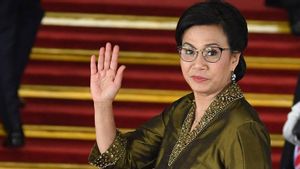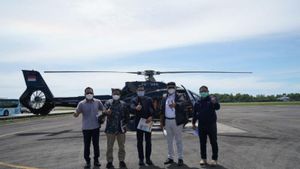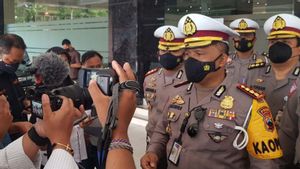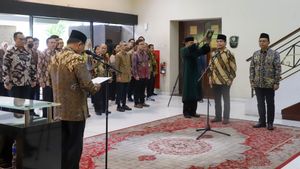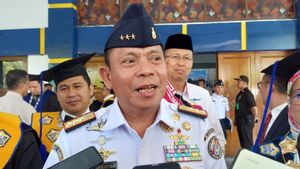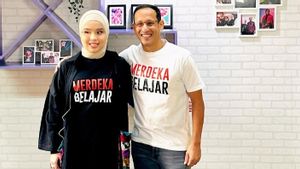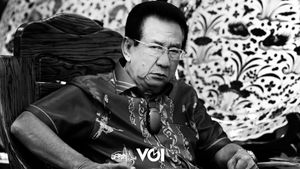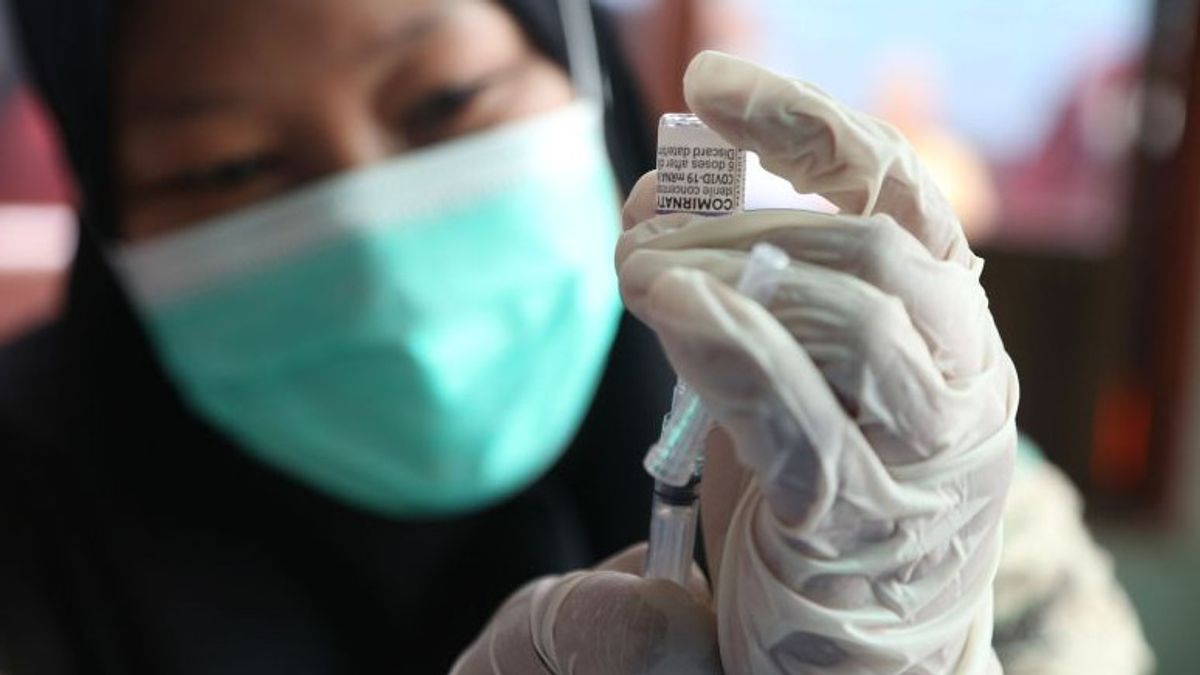
JAKARTA - A senior clinical scientist from the Eijkman-Oxford Clinical Research Unit (EOCRU) Raph Hamers, said that further research is needed to develop an appropriate booster vaccine strategy for increasing public self-protection in order to fight COVID-19 infection.
"We also need further research to identify the right boosting strategy," Raph said at the Indonesian Congress Symposium on Combating COVID-19 Pandemic without Boundaries Webinar in Jakarta, reported by Antara, Sunday, January 16.
He said booster vaccines are needed for a number of factors, including antibodies that decrease over time, and that happens with all types of vaccines.
In addition, the SARS-CoV-2 virus variant that causes COVID-19 is also increasing, which scientific evidence shows that the Delta and Omicron variants are increasingly difficult to handle by previous vaccines.
Policymakers in a number of countries have also started to provide booster vaccines, especially for the most vulnerable groups, and this is also done to mitigate the economic and health impacts.
Regarding which booster vaccine should be chosen, Raph said it was still under research. However, what must be ensured at this time is how to access it easily in the country.
"There is a lot of new data that continues to be produced every day, but for sure we also need clear evidence to be able to determine which booster vaccine is right," he said.
Currently, scientific evidence shows that heterologous booster vaccines or mix and match types of COVID-19 vaccines can increase protection, but research is still ongoing regarding their effectiveness and clinical outcomes.
"In addition, now with the Omicron variant, the urgency to provide this amplifier is increasing," he said.
The heterologous booster vaccine is one of the government policies in which the heterologous vaccine uses the third vaccine with a different type from the primary and second doses of the vaccine.
According to Raph, evidence from high-quality clinical trials and real studies is important to guide decisions about when, which population, and what booster regimen to administer in the face of decreased immunity and emerging variants.
The trial findings can help guide policymakers in considering the most effective and accessible reinforcing strategies to bounce back from the impact of the COVID-19 pandemic.
In addition, it is necessary to increase the capacity of domestic research and local vaccinology science through partnerships between the government, industry, and academia to answer these problems.
SEE ALSO:
Previously, on Wednesday, January 12, the implementation of booster vaccination was officially rolled nationally to maintain the immune system of the Indonesian people. from the threat of COVID-19.
The government has allocated 130 million doses of booster vaccine for the initial stage with a total target population of around 21 million from a total of 179 million people aged 18 years and over and have received the complete dose in the last six months. The priority criteria are the elderly, recipients of BPJS Health contributions, and vulnerable groups.
The COVID-19 vaccine products that received an emergency use permit from the Food and Drug Supervisory Agency (BPOM) to be used as booster vaccines include the CoronaVac produced by PT Bio Farma, the Pfizer vaccine, the AstraZeneca vaccine, the Moderna vaccine, and the Zifivax vaccine. Vaccine variants can be given homologous or the same brand with a complete primary or heterologous dose or a combination of different brands.
Spokesperson for the Indonesian Ministry of Health, Siti Nadia Tarmizi, stated that the booster vaccinations provided by the government for free to increase individual protection from the risk of transmission of the new variant of COVID-19 are not mandatory.
Nadia said that currently there was information about a natural decrease in vaccine efficacy, so the government decided to give and provide booster vaccines.
The government's policy of making the third dose of vaccine free is to ensure that the public can access services so that efforts to overcome the COVID-19 pandemic are completed properly.
The English, Chinese, Japanese, Arabic, and French versions are automatically generated by the AI. So there may still be inaccuracies in translating, please always see Indonesian as our main language. (system supported by DigitalSiber.id)


